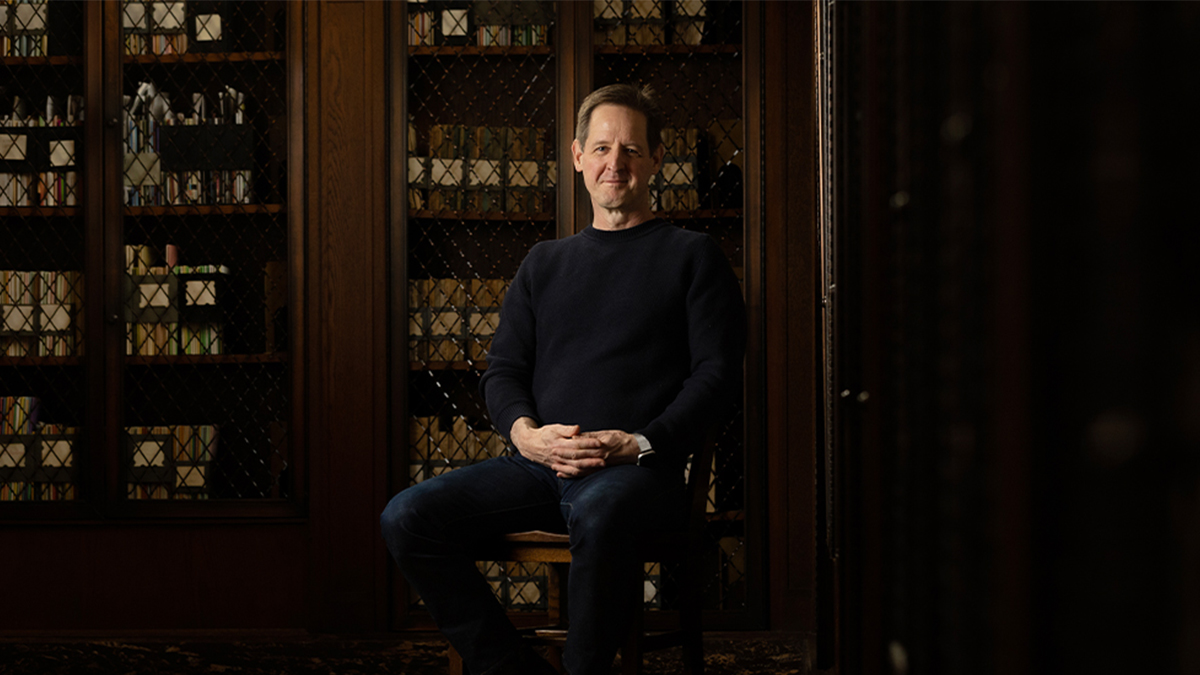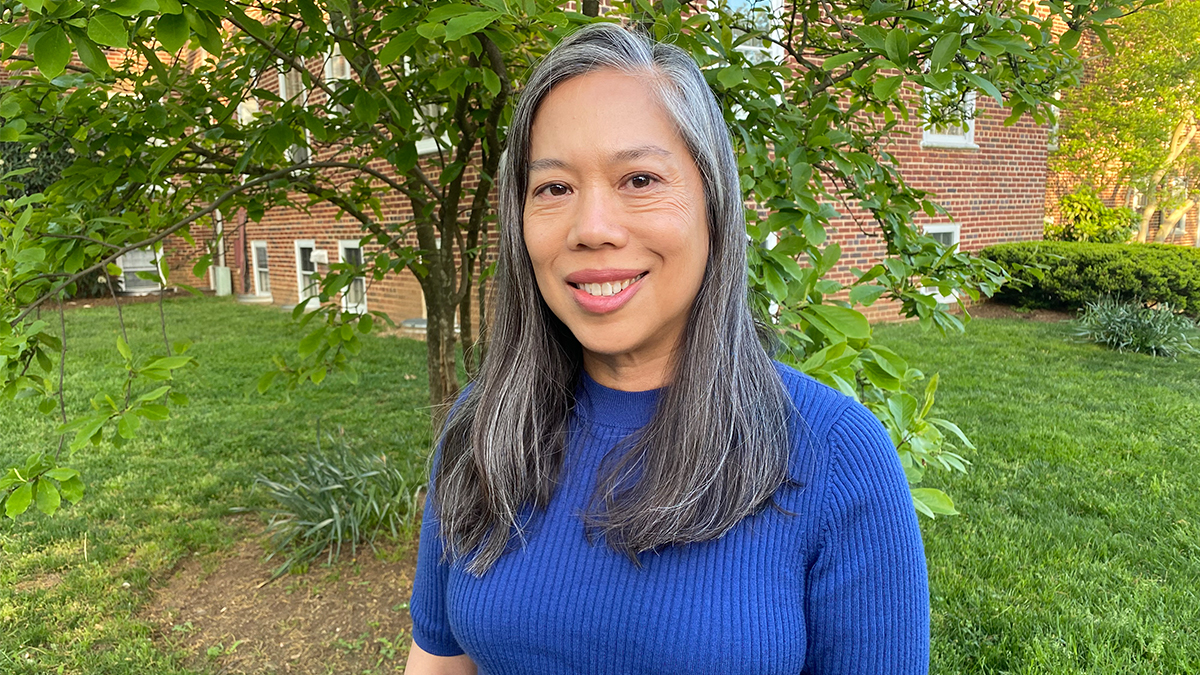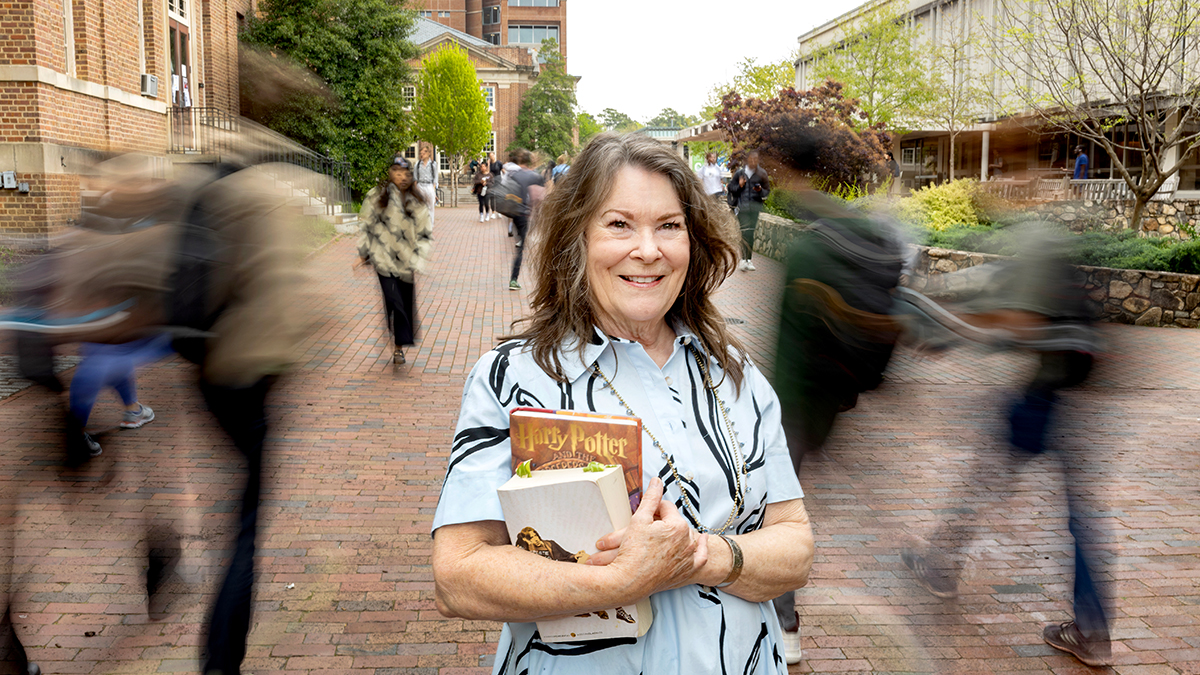First endowed BHM lecture features Harvard historian
Addressing the 2023 theme of Black resistance, Vincent Brown will talk about Black history as world history.
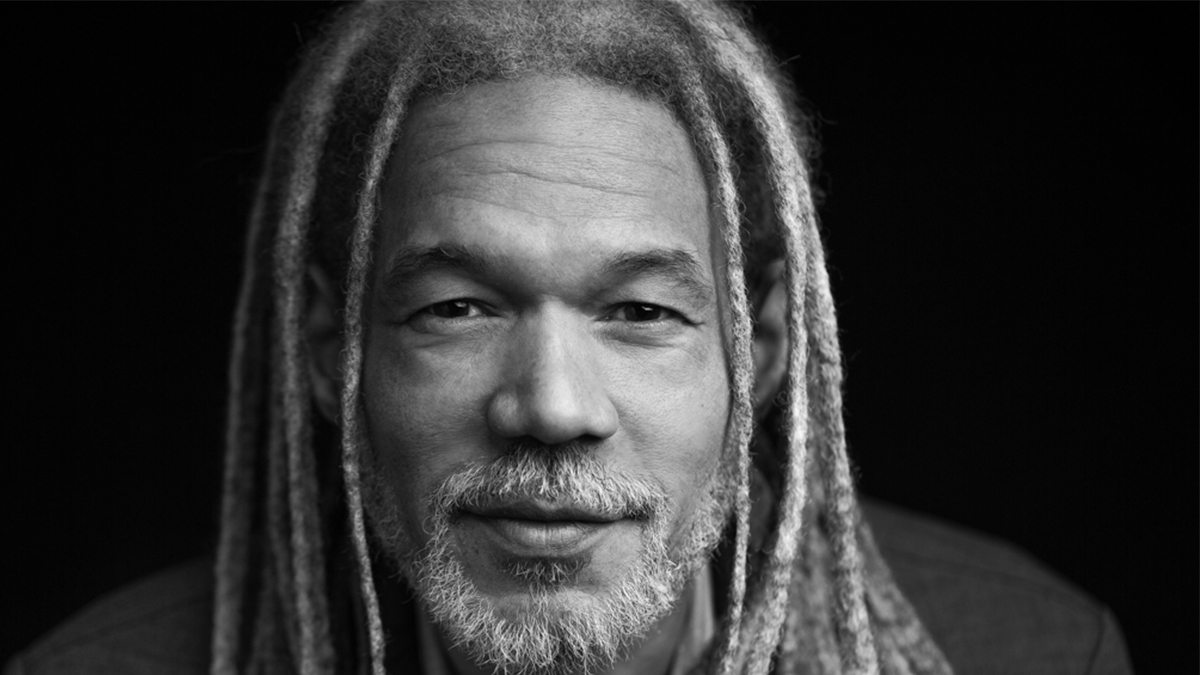
Vincent Brown is on a mission to open minds to a much broader view of American history, one that incorporates Black history and Black perspectives into the canon.
“We need to have a much broader sense of what American history is, who counts within American history and how it develops over time,” said Brown, the Charles Warren Professor of American History and professor of African and African American studies at Harvard University. He teaches courses on the history of slavery in the Americas.
Dr. Genna Rae McNeil Endowed Black History Month Lecture
Guest speaker Vincent Brown
6:30 p.m. Feb. 22
Stone Center auditorium
RSVP
His most recent book, “Tacky’s Revolt: The Story of an Atlantic Slave War,” tells the story of a significant uprising of enslaved Blacks in Jamaica in 1760.
The story is a perfect illustration of this year’s national theme for Black History Month: Black resistance. It’s also an example that Brown uses to show how world events shaped U.S. history. He emphasizes that understanding that history requires looking beyond the Declaration of Independence and even beyond the first enslaved Africans’ arrival in Virginia.
“A lot of people counterpose 1776 to 1619, as if one or the other of those dates is going to help us fully understand and explain the United States. I don’t think either of them does adequately, and I’m going to be telling people why,” Brown said. “If there’s a simple thing I want to get across, it is that Black history is American history, and Black history is also world history.”
Return to North Carolina
Although Brown grew up in Southern California, his visit to Carolina “is going to be a bit of a homecoming for me,” he said, pointing out that he did research in Wilson Library and completed his dissertation at neighboring Duke University.
He appreciates that North Carolinians have already made the connection between Black history and world history. “They know about Durham and its importance during the era of segregation. They know about the Hayti District in Durham and that it’s named after Haiti because of the Haitian revolution,” Brown said. “So we’re not starting from zero.”
Brown’s talk will be the first Dr. Genna Rae McNeil Endowed Black History Month Lecture, named for first Black tenure-track faculty member in the history department. McNeil retired in 2021 after 36 years at Carolina, where she helped establish what was then known as the African American History Month Lecture. Previous speakers have included Marcia Chatelain, Pulitzer Prize-winning author of “Franchise: The Golden Arches in Black America,” in 2022 and journalist, educator and activist Charles E. Cobb in 2021.
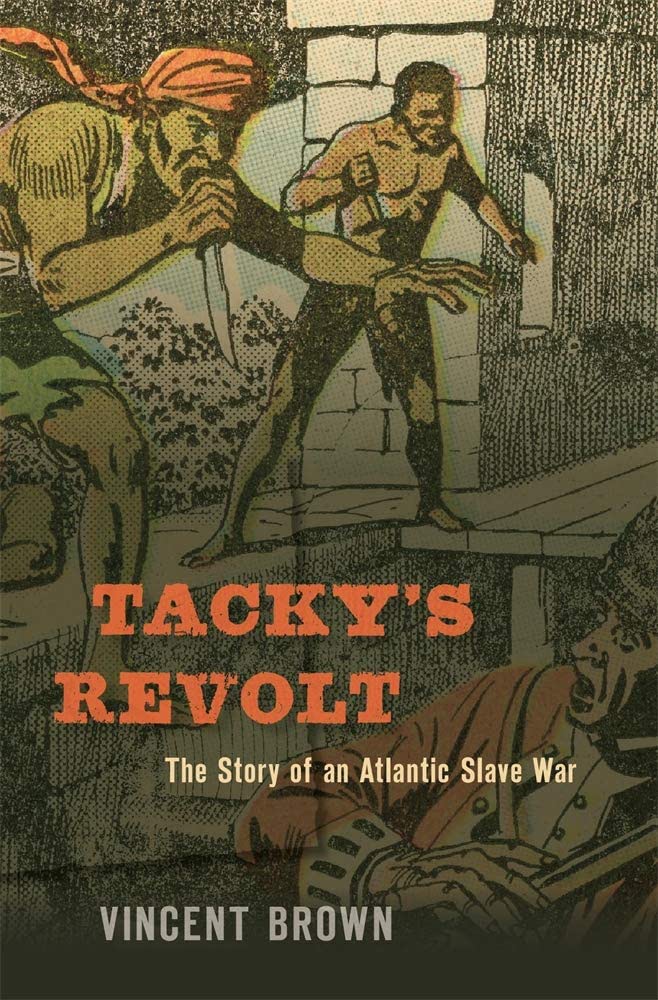
Considering the 2023 theme of Black resistance, “we determined that Vincent Brown would be an appropriate and compelling choice for this year,” said Joseph Jordan, vice provost for academic and community engagement and former director of the Sonja Haynes Stone Center for Black Culture and History.
‘Worthy of study’
The University’s establishment of an endowed lecture series on Black history and Brown’s talk come at a critical time.
“It has always been a struggle to establish the very idea that Black history is something worthy of study. It is something that people have had to fight for, from when Carter G. Woodson established Negro History Week way back in 1926. Even today, it’s something that is contentious,” Brown said. He mentioned the recent conservative backlash against certain topics proposed for the new AP African American Studies curriculum as one example.
“One of the things I’m going to be arguing is that it’s not just about whether that history is worthy of study. It’s also whether Black people’s perspectiveson that history are worthy of study. And that seems to me to be the more contentious issue here,” he said.
Brown believes both Black history and Black perspectives are worthy of study, for understanding racism and much more. “Certainly the history of race and racism is fundamental to the way we have to understand the Black experience in the Americas and in the United States. But then the Black experience and Black struggles exceed the history of racism as well. And I think if we collapse the two too neatly, we can miss all of those things that Black people have done, all the consequences of their history that are not easily reducible to the study of racism,” he said.
But he also believes that Black history needs to be included in the larger canon of American history, as do the history and experiences of Native Americans and others who don’t fit neatly into the story of the 13 English colonies.
For example, U.S. history class covers the “shot heard round the world” in 1775, when the Massachusetts Minutemen clashed with the British redcoats. But who knew that in that same year the Kumeyaay people revolted against Spanish rule in California by burning down the Mission San Diego de Alcala?
“If you start by looking in the past and moving forward, you’ll see all kinds of things that are going to be consequential and do matter, but that don’t necessarily result in the creation of a nation state,” Brown said. “Once we establish a national canon, we then rule out all kinds of things that don’t fit, even at the expense of being able to explain many of the other things we care about.”
